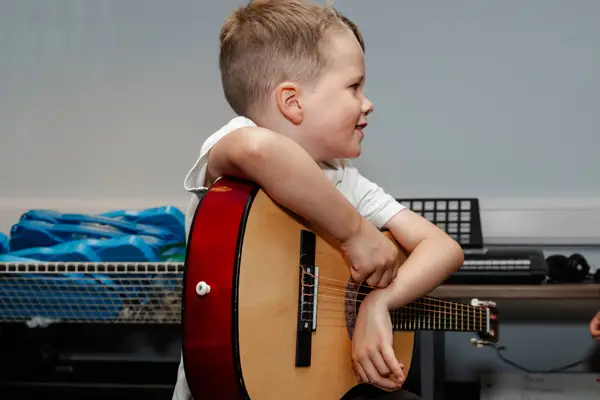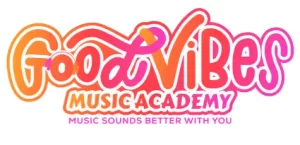
Music is a universal language that embodies one of the highest forms of creativity. Our high quality music education at JRS, engages and inspires all pupils, including those with SEND, to develop a love of music and their talent as musicians. This in turn increases their self-confidence, creativity and sense of achievement. As pupils progress, they develop a critical engagement with music, allowing them to compose, play and discuss Music with increasing technical vocabulary.
Within our school we follow a scheme called Charanga Musical School Units of Work. These units enable children to understand musical concepts through a repetition-based approach to learning. Learning about the same musical concept through different musical activities enables a more secure, deeper learning and mastery of musical skills.
Please see below our Musical Knowledge & Skills progression at JRS.
Music should be an enjoyable experience for pupils and teachers. Children participate in a range of musical experiences, building up their confidence at the same time. They develop their understanding of rhythm and pitch and learn how music is structured, as well as learning technical vocabulary for these elements. As children’s confidence builds, they enjoy the performance aspect of music. Children experience listening to music from different cultures and eras.
Music is taught as a discrete subject but also across the curriculum. Areas of learning, such as times tables in maths, vocabulary in languages and movement in dance can all incorporate different elements of music. A weekly singing assembly allows the children opportunities to develop their singing skills and gain an understanding of how ensembles work. Performances, such as Christmas plays and nativities and end of year shows, demonstrate that music is important to the life of the school. Extracurricular activities, such as choir and peripatetic music lessons, also provide children with experience of making music.
The impact of teaching music will be seen across the school with an increase in the profile of music. Whole-school and parental engagement will be improved through performances, extracurricular activities and opportunities suggested in lessons/overviews for wider learning. Participation in music develops wellbeing, promotes listening and develops concentration. We want to ensure that music is loved by teachers and pupils across school, encouraging them to want to continue building on this wealth of musical ability, now and in the future.
In Year 3 all children learn an instrument for a term.
At JRS we are also lucky to work with two external companies who offer a range of paid lessons for vocal lessons, DJ lessons and in a variety of different instruments alongside our own Music teaching.
Please click the links below to see what they offer:

